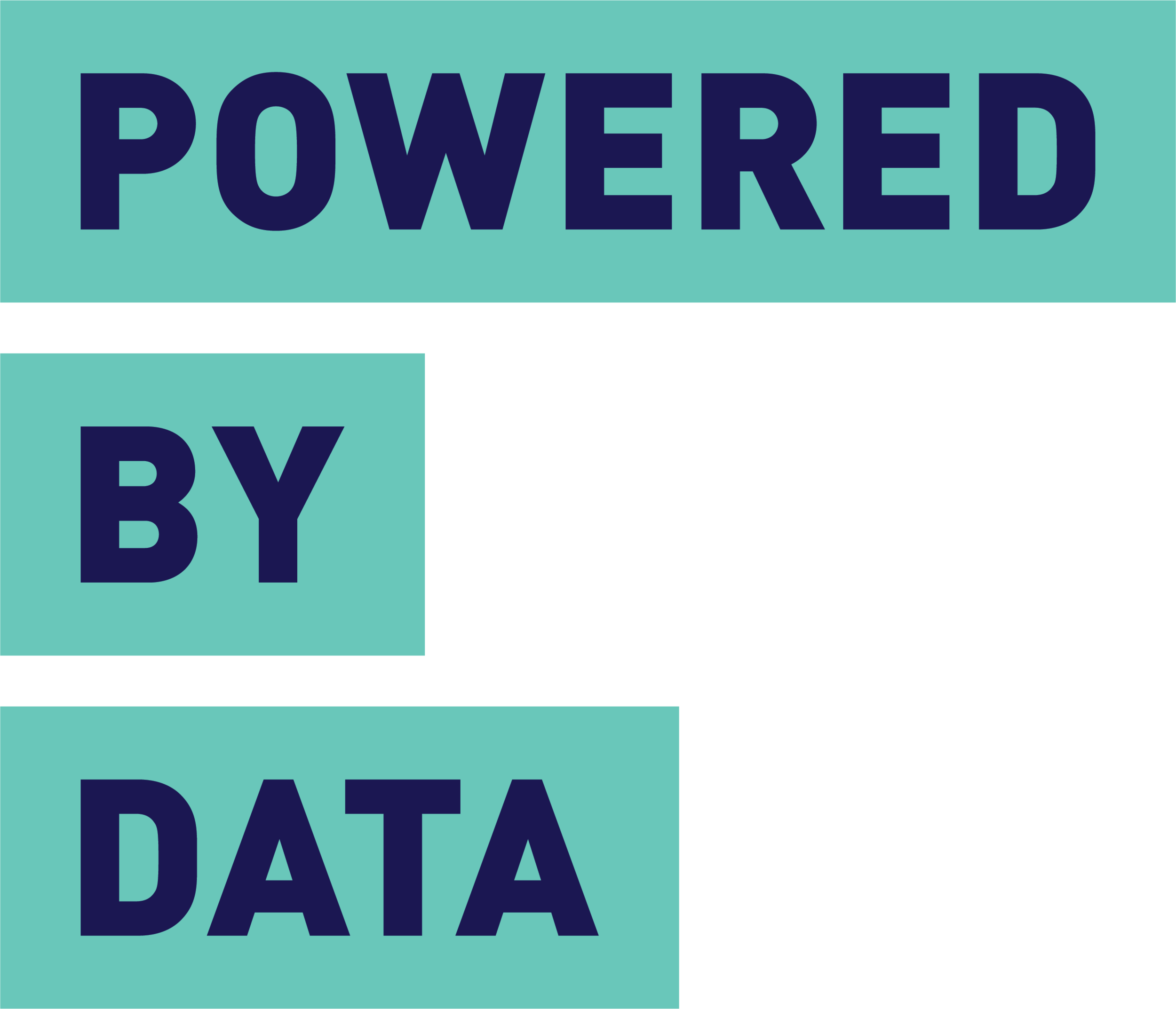Our Thoughts on Data Standards and the Vancouver Foundation’s Open Policy Announcement
We were excited to hear the news from the Vancouver Foundation last week: they will start releasing their information and their data under open copyright licenses. This is a bold move by the Vancouver Foundation, and one that will help ensure that Canadian funders keep up with their counterparts in the US and the UK. As they develop this policy over the next year, we want to encourage the Vancouver Foundation to incorporate data standards in order to ensure that the data they make available is used.
Data Philanthropy
We believe that the nonprofit sector needs to make better use of data. That's why we created PoweredbyData — to increase the amount of data available to the sector by helping funders and governments open up their information.
Over the past year, PoweredbyData advised foundations and governments in Canada and in Europe — all of whom are large grantmakers ($100M+/year) — on their open data policies. Like the Vancouver Foundation, they were all looking to increase their impact by giving away not only money, but also their information.
The Need for Standards
This is an exciting trend, but opening information and data is obviously not a goal in and of itself. For the Vancouver Foundation and for the other funders we've worked with, it is a way to encourage collaboration, stimulate innovation, and improve the effective functioning of the nonprofit sector. Those outcomes are only possible when the information is used. This is where it’s important to distinguish between quantitative data and qualitative content such as reports. Publishing a report under an open license can be enough to ensure that it is used, because it is available online at no cost. However, single datasets (regardless of licensing) are, for the most part, not valuable enough to be used; they only become valuable when they can be combined with other datasets.
Imagine when the next 500 Canadian funders each release their data in their own unique way, without adhering to a common format. Combining and maintaining that data will become a labourious and practically unmanageable process. The way to make that possible is to publish the data according to recognized standards, so datasets can be automatically combined without manual work. This ensures that the data is valuable enough for innovators and creators to use to build new solutions for the sector.
This is why we hope that, as the Vancouver Foundation and other Canadian funders develop their open-data policies, they incorporate data standards into this work.
Many of the most influential funders have adopted recognized data standards when publishing their data, including the Bill & Melinda Gates Foundation and the William and Flora Hewlett Foundation in the US, as well as the BIG Lottery Fund and the Nesta Trust in the UK. The question of what standards to choose — e.g. between IATI, 360giving, and hGrant — is a larger conversation.
Congratulations again to the Vancouver Foundation on this important step. We look forward to a future where most Canadian foundations open their information and data. And as geeks, we can’t wait to put it to good use!
Note: For an example of how standardized and combined data from Canadian funders can be useful, check out ourLANDSCAPE project. It is a pilot project that uses funding information from foundations and government departments to help non-profit organizations easily identify collaborators.
